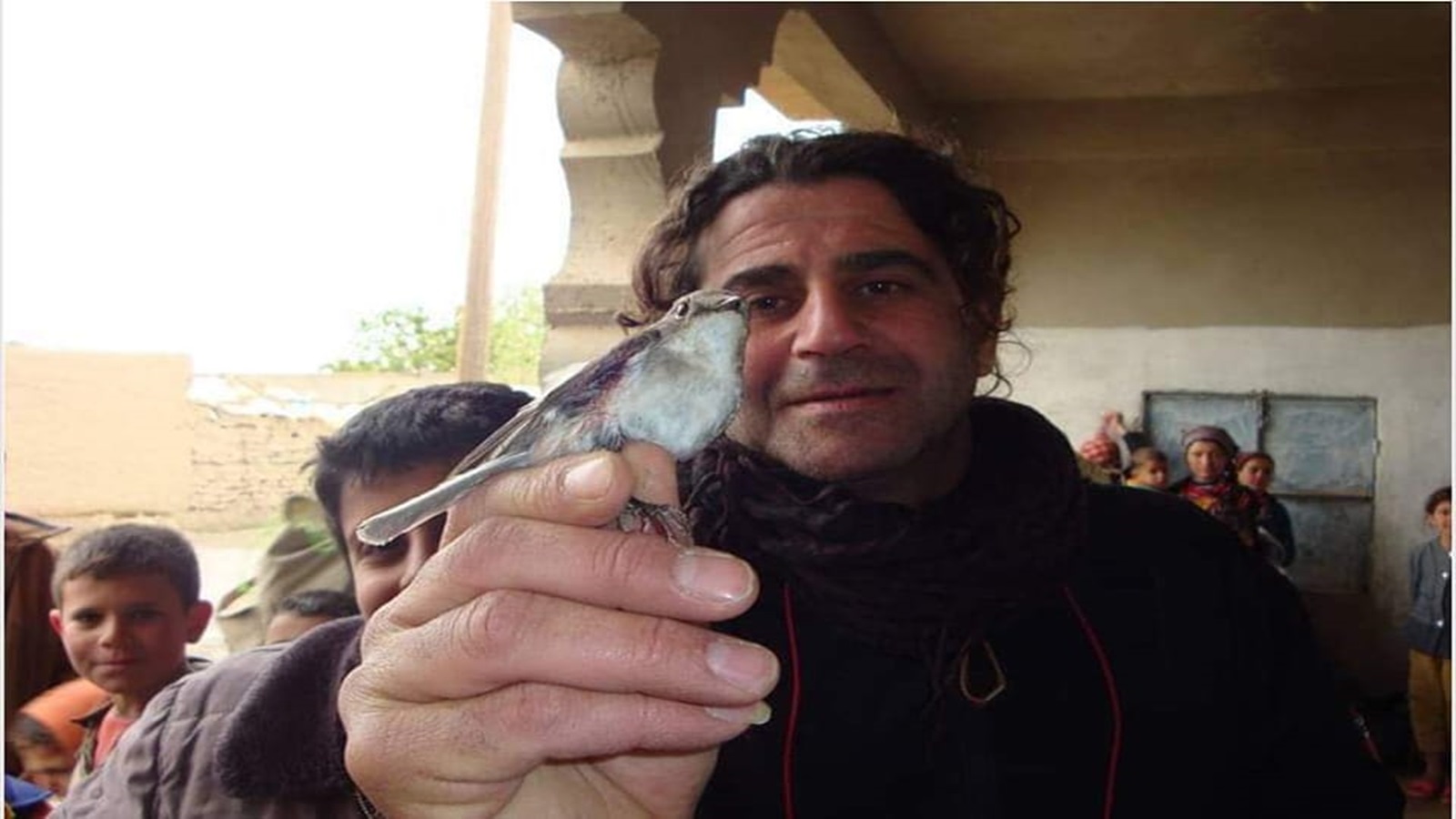The Syrian Writers Association mourns the loss of poet Nasser Bunduq, who was forcibly taken by the regime’s oppressive forces a decade ago. He was arrested on 17/02/2014, and all communication with him ceased thereafter. Tragically, his family learned of his demise under brutal torture in the dungeons of the Assad regime, confirmed by his recorded death in the Civil Registry Department’s records.
In a solemn statement, the Association reflects on Nasser Bunduq’s story as emblematic of the plight faced by countless Syrians who bravely rose for freedom and dignity, only to vanish into the abyss of Assad regime’s tyranny. In solidarity, both domestic and exiled writers raise their voices demanding the release of political prisoners and the revelation of the fates of the disappeared. They call upon all Arab and foreign writers’ associations and unions to stand with Syrians in their quest for freedom.
U.S. State Department Delegation Meets Syrian Interim Government: What was Discussed?
According to Amnesty International, Nasser Saber Bunduq, employed by the Ministry of Information and involved in aiding internally displaced persons, was apprehended during a raid on his home in Sahnaya, a suburb of Damascus, on 17 February 2014. Jihan Amin, a human rights lawyer from the same neighborhood, was also arrested during the operation but was released in April 2014. Jihan informed Nasser’s family that she had seen him at Military Intelligence’s Branch 227 in Damascus. Despite relentless inquiries from his family, Syrian authorities have remained silent on his whereabouts.
Nasser’s wife, Fariza, expresses her agony amidst uncertainty, grappling with the proliferation of rumors surrounding her husband’s fate. Family members speculate that his participation in early protests may have led to his arrest. Fariza reminisces, “We never anticipated his arrest. Despite his involvement in peaceful protests and his commendable work for the Ministry of Information, we believed he was shielded from such risks.” She describes Nasser as a poet, a skilled writer, and a devoted father, cherished even by those who held differing views. “To me, he was not just a husband but my closest confidant. His absence has left an irreplaceable void, but we must forge ahead, as that is what Nasser would have wanted.”
This article was translated and edited by The Syrian Observer. The Syrian Observer has not verified the content of this story. Responsibility for the information and views set out in this article lies entirely with the author.


